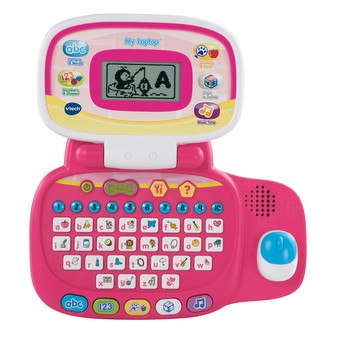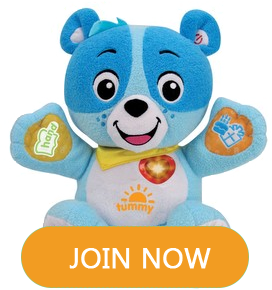Why Join VTech Club?
Joining is free, fast and full of great benefits, such as:
- Promotions and offers
- Monthly £1,000 prize draw*
- Regular competitions
- Special offers for our members
Added benefits
- Register your VTech products
- Apply to be a Product Tester
3-6
YEARS
My Laptop Pink
£26.99
Temporarily out of stock
- Pre-school laptop with child-friendly 4-directional mouse and 30 fun and educational activities.
- Teaches age appropriate curriculum including phonics, counting and spelling.
- Features 5 progressive learning categories Letters & Words, Numbers & Shapes, Animals & Foods, Logic & Games and Music Time.
- Customise the laptop with child’s name, age and favourite food in the All About Me Mode.
- Encourages logical thinking, visualisation skills and hand-eye co-ordination.
Best for ages:
3 to 6 Years
Highlights
Pre-school laptop with child-friendly 4-directional mouse and 30 fun and educational activities that teach age appropriate curriculum. Includes customisation mode.
Description
Pre-school laptop with child-friendly 4-directional mouse and 30 fun and educational activities that teach early computer skills and age appropriate curriculum including phonics, counting and spelling. Features 5 progressive learning categories Letters & Words, Numbers & Shapes, Animals & Foods, Logic & Games and Music Time. You can also customise your child’s experience by entering their name, age and favourite food in the All About Me Mode, also create a personal avatar, choose a screen wallpaper and opening tune! Friendly penguin character leads and encourages play as a helper and friend. Encourages logical thinking, visualisation skills and hand-eye co-ordination.
- Product Number: 80-155453
- AA Batteries Required



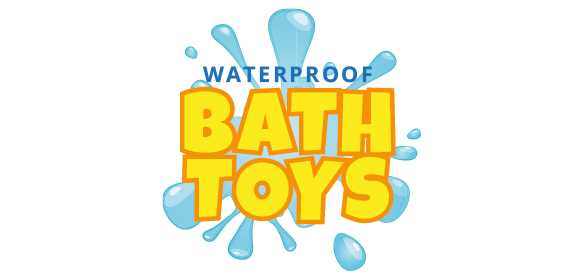
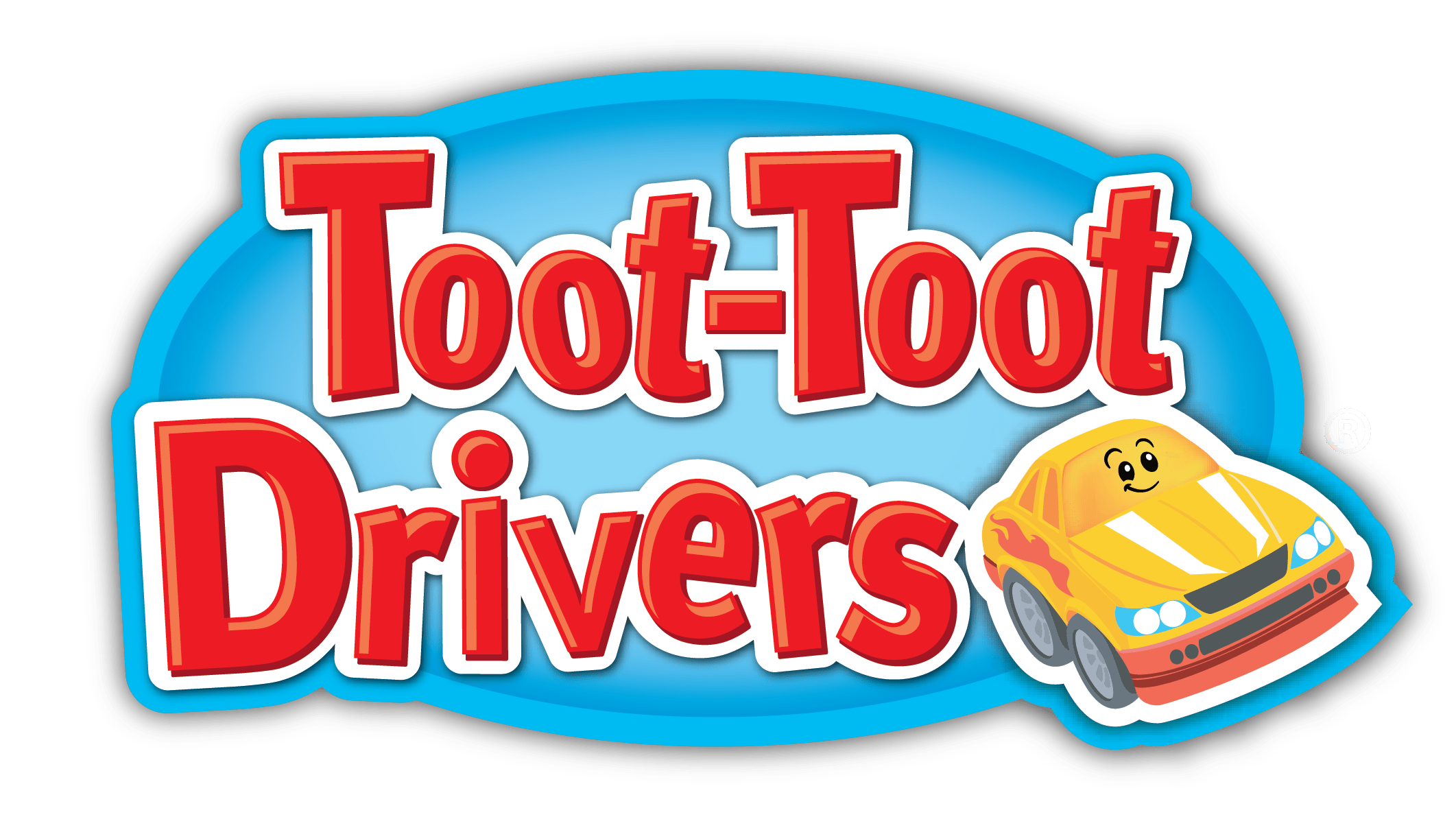



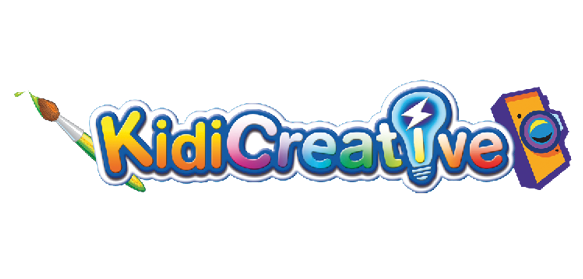

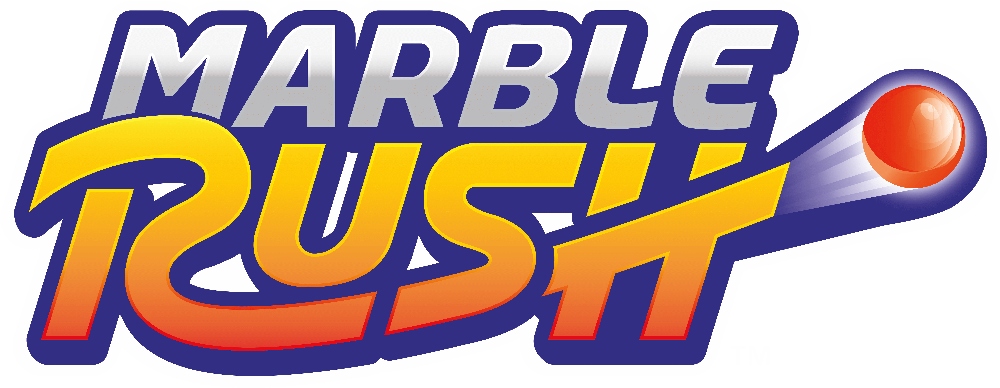
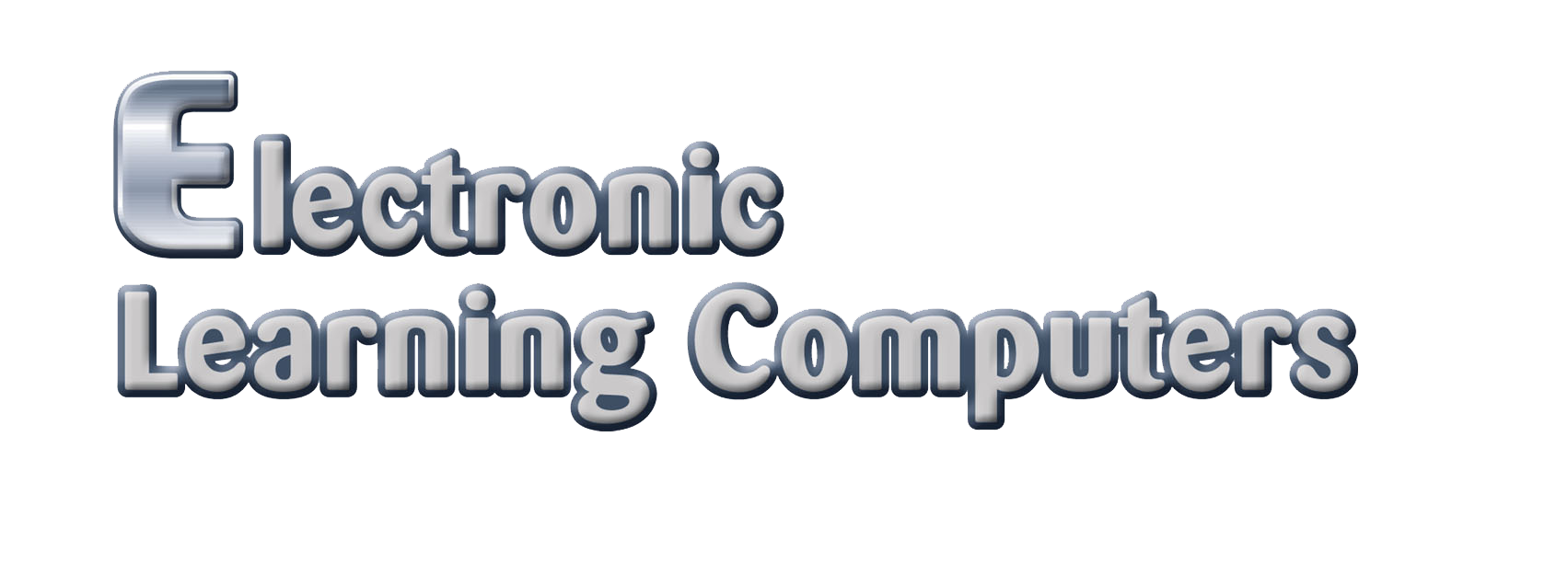
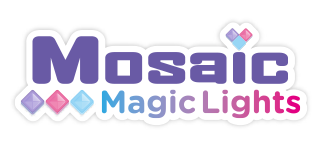
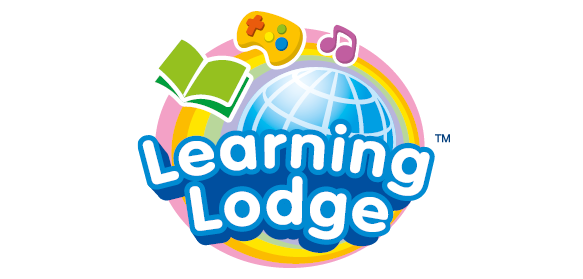 Download
Download

